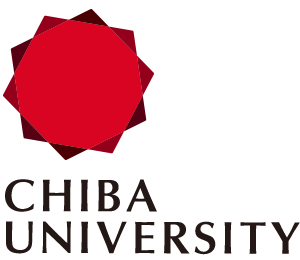No matching keywords found.
Please enter other keywords.
Institute for Advanced Academic Research / Graduate School of Medicine / Research Institute of Disaster Medicine, Chiba University
ProfessorThe genome is the blueprint of life. The “which part” of the genome is read differs in each cell, and the addition or deletion of the methyl group CH3- (just four atoms) plays an important role in reading the genome. This mechanism is known as epigenetic modification, and the development of next-generation sequencing technology has greatly contributed to this research field. Epigenetic modifications by methyl groups can be classified into two types: (1) methylation of histones and (2) methylation of DNA cytosines. Our previous research showed that histone methylations regulated by the Polycomb and Trithorax group proteins are essential for immune responses, particularly those mediated by T cells. In addition, our recent international collaborative study revealed that TET enzymes, which convert methyl-cytosine into hydroxymethyl-cytosine, inhibit inflammation and tumor development in mice and humans. Currently, our study focuses on the relationship between age-related epigenetic abnormalities and immune diseases, which has received much attention in recent years. The final goal of my research is to solve the mysteries of life and ultimately control diseases by concentrating our wisdom on physics, chemistry, and mathematics.
Recent Topics of Interests:
Cancer immunotherapy by epigenetic manipulation, Immuno-aging caused by epigenetic abnormalities, Integrative single-cell multi-omics analyses
Motto in Research or in Life:
The motto in research: Let’s enjoy science!
The motto in life: “If you put your mind to it, you could accomplish anything.” This quote is cited from Back to the Future, Universal Pictures, 1985.
Hobby / Holiday:
Reading books, Watching baseball games, Insect hunting

